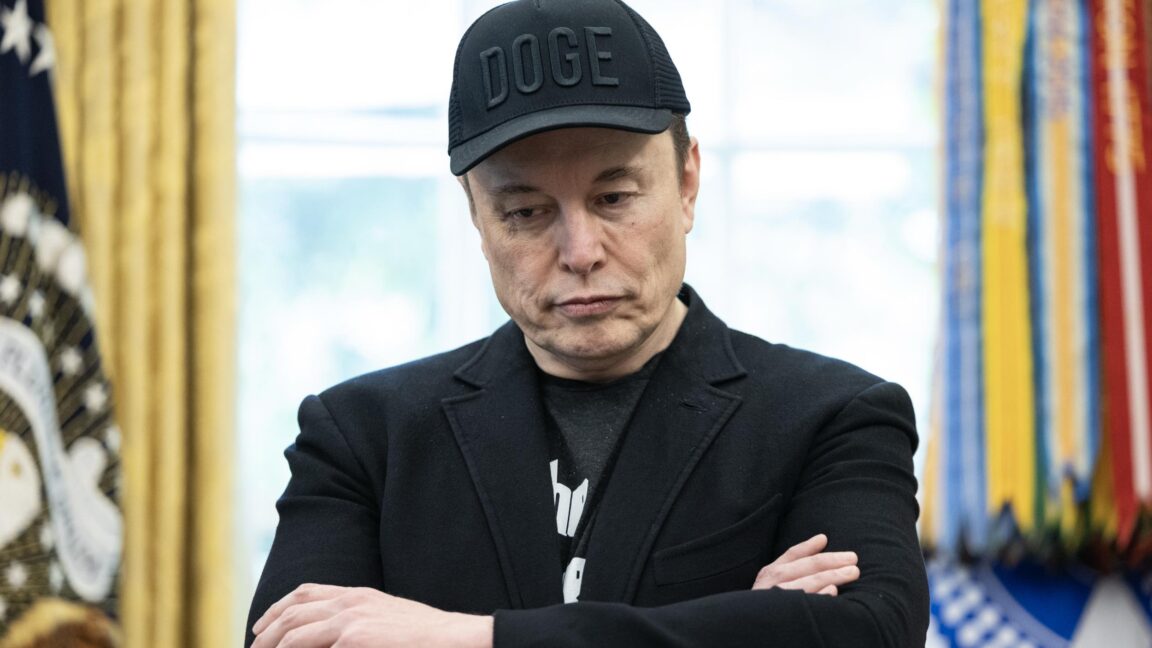Starlink Faces Grant Rejections as States Prioritize Fiber Networks Over Satellite Broadband

When these new rules were introduced in March, estimates suggested that SpaceX could secure between $10 billion and $20 billion. Elon Musk’s company anticipated a major financial boost, especially after claims that certain states, such as Virginia and Louisiana, violated the rules by prioritizing traditional fiber providers over satellite services. SpaceX has signaled it may challenge these state allocations, warning of potential objections to grant proposals that favor fiber networks over satellite broadband.
The situation remains dynamic, with West Virginia recently unveiling its broadband plan, which is unlikely to favor SpaceX’s satellite offerings. If states continue down this path, SpaceX might file formal objections, potentially delaying or altering the distribution of federal funds. The ongoing dispute highlights the complex competition between satellite and fiber broadband providers as federal and state governments strive to bridge the digital divide.
For more information on broadband funding programs and satellite internet initiatives, official resources include the Federal Communications Commission (FCC) and the U.S. Department of Commerce. These agencies provide comprehensive guidance on broadband expansion strategies and federal grant processes.



